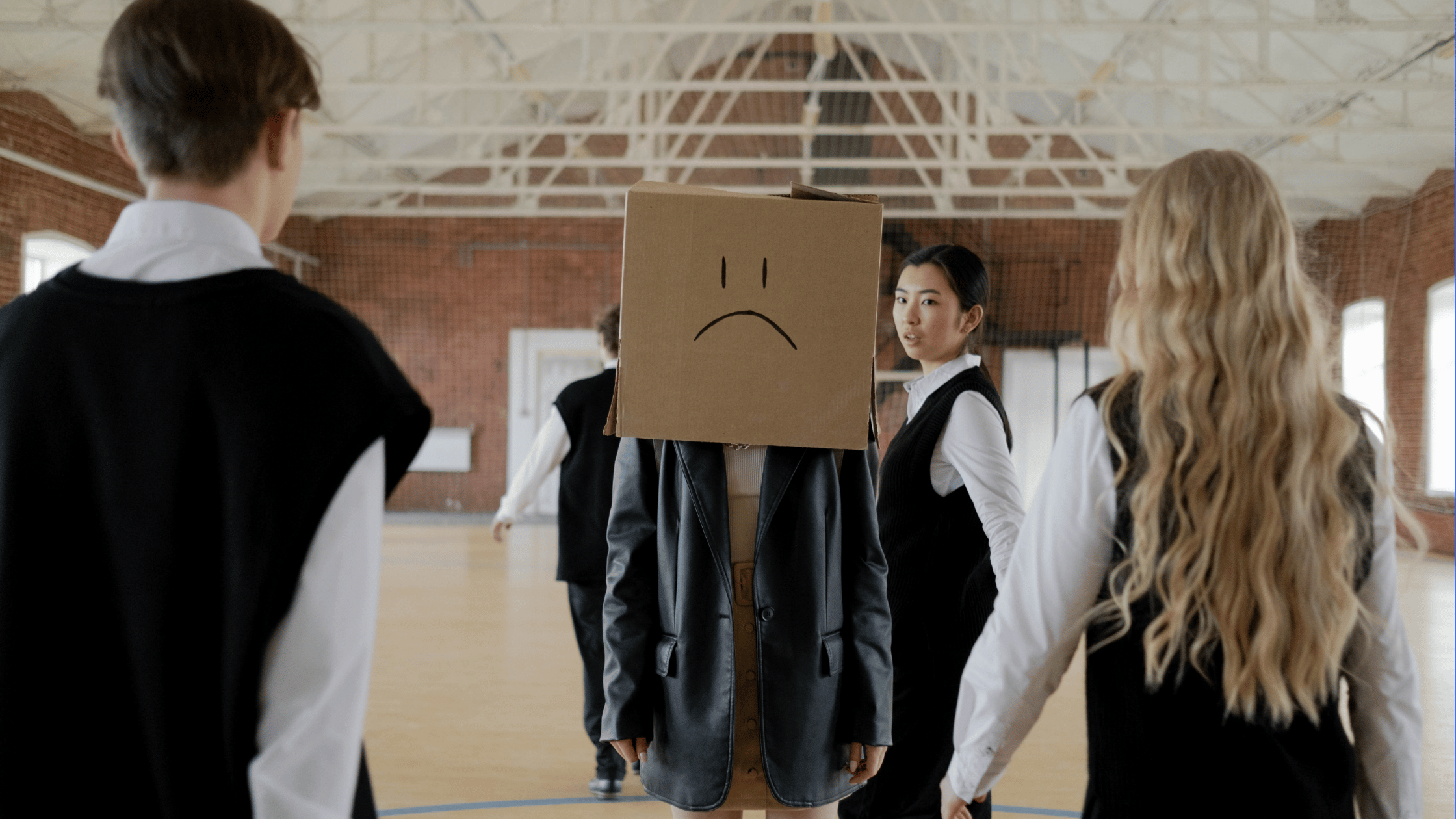How to Stop Reliving the Hurtful Words of a Bully
Many people have discussed ways to prevent or stop bullying. However, there isn’t much discussion on how to stop reliving the hurtful words of a bully.
Aside from verbal bullying, other forms of bullying mainly include physical bullying, cyberbullying, and social bullying.
Hurtful words can also come from cyberbullying or social bullying. The bully could harass an individual based on appearance, behavior, race, religion, social status, sexual identity or other factors.
What is bullying?
Many people confuse bullying with being mean, rude, or impolite, yet it goes far beyond this. It is a deliberate, harmful action that could be one-sided with the aim of causing pain and having control over a person.
It is a repeated action where one individual takes advantage of another's vulnerability to assert or humiliate them. Bullying has a strong influence on a person's physical, social, emotional, and psychological well-being.
How Bullying Occurs:
Bullying is a behavioral pattern, especially from people who see themselves as being above everyone else. Children tend to experience bullying more than adults. Research shows that one out of every five students (19.2%) experiences bullying.
When bullying comes in the form of hurtful words, it’s either someone consistently uses demeaning words to threaten, insult, or mock an individual.
People could also use online platforms to spread rumors about a person, send threatening messages, or post implicating content about them.
The Unseen Trauma That Comes with Bullying
Just like a scar, it plants a form of hidden trauma that lingers silently in the mind of its victim. It alters the way an individual sees life and interacts with people around them.
However, affected victims tend towards losing their identity, and this leads to frequent battles such as emotional insecurities, self-doubt, anxiety, and even depression in the long run.
Children who are often victims of bullying face increased insecurity and low self-esteem because these assaults can inhibit their natural growth and self-awareness. This can lead to a decline in academic performance or withdrawal from social interactions.
More so, they start having feelings of being unloved and different from others. This makes them more exposed and prone to possible suicidal thoughts.
Many people who experience bullying carry this trauma till they become adults. Thereby making them doubt their value, limiting their confidence to explore their talents and pursue meaningful goals.
It could further lead to anxiety, depression, Post-Traumatic Stress Disorder (PTSD), and some others. However, the first step to healing is noticing these effects and working to heal of these hurtful words.
Here are some things one can do.
Healing from Hurtful Words of a Bully:
• Remember a Bully’s Opinion Does Not Matter:
These words, when replayed, become a prison of much pain and doubt.
The first step of healing for an individual is understanding that those words are not a true reflection of oneself, but the bully’s personal opinion. They are echoes of the person’s insecurity, not your identity.
Most times, one needs to take bold steps to write down the hurtful words, it lightens the heart. Then tear or burn the page; this could practically and symbolically reclaim one’s peace.
• Listen to Positive Words:
A bullied person has to replace the hurtful words with positive affirmations about their true qualities. One should also understand that the brain often replays painful experiences as a survival instinct. It does not mean one is weak; it is a natural response to trauma.
Speak gently to yourself, renewing your mind. “Their words wounded me once, but today they make me stronger and better”. Each time the memory surfaces, one should gently counter it with positive words.
Also, ensure to always practice mindfulness, linger on the hurtful thoughts for too long.
• Spend Quality Time with Loved Ones:
One should also spend quality time with positive people who can encourage and make one feel wholesome and much better. The individual can also speak to an adult or a responsible friend who values them and looks out for them.
If these memories keep recurring and possibly overwhelming, the individual should seek professional support and counsel. HULM handles such cases and is happy to assist anyone in the journey to wholesome healing.
An individual’s all-round well-being is the most important thing to pursue.
• Talk to The Kids Regularly:
If the bullied victim is a kid or one’s child, assist them by having an open conversation with them.
Also, one should talk regularly to them about bullying, making them comfortable to share their experience and feelings with you.
Ask them about their daily activities in school and what they encountered on an online platform. Don't just inquire about the activities; also, try to understand their feelings.
In case they have been hurt by people’s words, calmly tell them their true worth and possibly confront the bully.
Conclusion
Remember this: no matter how deeply it hurt, individuals must always remember that they have the power in them to choose how others’ actions affect them. However, people need to train their minds and thoughts to be able to replace lies with truth and cultivate a voice of hope and kindness within them.
All this will help an individual silence the noise of pain and step boldly into a future defined by themselves.
In situation where the hurtful words keep playing in one’s head, consider seeking therapy.
HULM provides meaningful therapies customized to your needs and journey.
